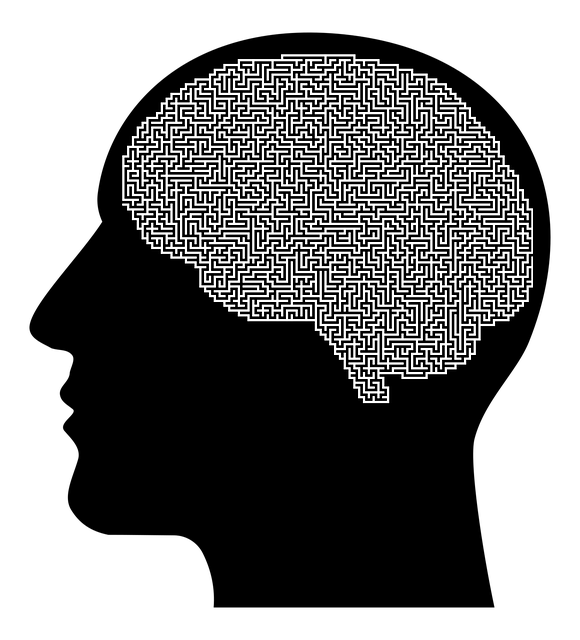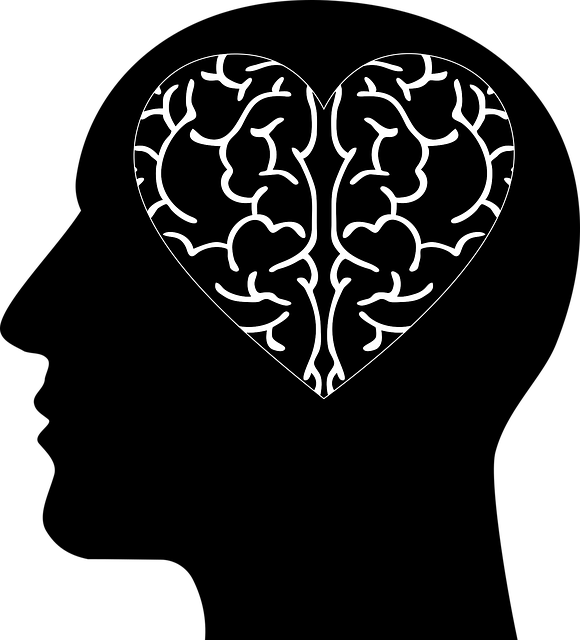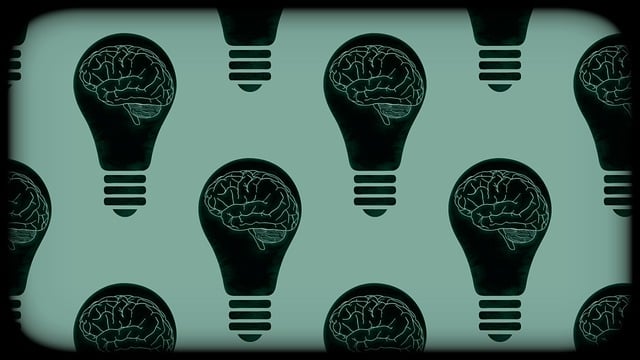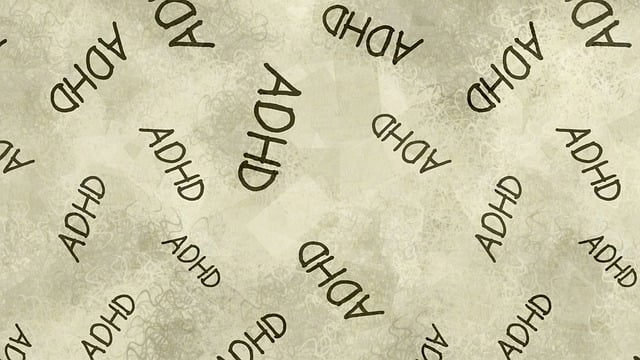Personalized self-care routines, enhanced by Wheat Ridge Cognitive Behavioral Therapy (WR-CBT) techniques, are key to improving mental wellness. WR-CBT helps individuals identify and alter negative thought patterns, reducing stress and anxiety through evidence-based practices like journaling, meditation, mindfulness, and compassion cultivation. By recognizing individual needs and creating tailored plans, this approach promotes emotional well-being, builds resilience, and fosters a healthier mental landscape. Regularly adjust self-care routines based on evolving needs for consistent nurturing of mental health.
Developing a mental wellness self-care routine is essential for maintaining balance and overall well-being. In this article, we’ll guide you through creating a personalized practice that addresses your unique mental health needs. We’ll explore key aspects such as understanding your triggers and strengths, and crafting meaningful daily rituals. Additionally, we’ll delve into how Wheat Ridge Cognitive Behavioral Therapy (WRCBT) techniques can be seamlessly integrated to enhance self-care and promote positive mental health outcomes.
- Understanding Your Mental Wellness Needs
- Crafting a Personalized Self-Care Routine
- Integrating Wheat Ridge Cognitive Behavioral Therapy Techniques
Understanding Your Mental Wellness Needs

Understanding your mental wellness needs is a crucial step in developing an effective self-care routine. Every individual’s experience with their mental health is unique, shaped by their personal history, experiences, and challenges. What works for one person might not be suitable for another, making it essential to approach self-care holistically. One evidence-based method that can aid in this process is Wheat Ridge Cognitive Behavioral Therapy (WRCBT). This therapeutic approach helps individuals identify and change negative thought patterns and behaviors contributing to their mental health struggles.
By engaging in self-awareness exercises, you begin to unravel the complexities of your emotions and thoughts. Techniques such as journaling, meditation, or mindfulness practices can foster emotional well-being promotion. Additionally, compassion cultivation practices have been shown to enhance self-acceptance and reduce negative self-talk, ultimately supporting a healthier mental landscape. These practices are powerful tools that enable individuals to navigate their mental wellness journey with greater understanding and care for themselves.
Crafting a Personalized Self-Care Routine

Crafting a personalized self-care routine is an essential aspect of nurturing your mental wellness, especially when incorporating techniques from Wheat Ridge Cognitive Behavioral Therapy. This unique approach to therapy recognizes that every individual has distinct needs and preferences when it comes to self-care. It’s not about adopting a one-size-fits-all strategy but rather creating a tailored plan that resonates with you. Start by identifying your emotional triggers, the activities that fill your energy tank, and the moments that allow you to disconnect from daily stressors.
Consider incorporating various practices such as mindfulness meditation, deep breathing exercises, or engaging in creative outlets like journaling or art therapy. These self-care strategies not only promote emotional well-being promotion techniques but also foster resilience building and inner strength development. Remember, your routine should be flexible; adjust it as your needs evolve, ensuring a consistent commitment to nurturing your mental health.
Integrating Wheat Ridge Cognitive Behavioral Therapy Techniques

Integrating Wheat Ridge Cognitive Behavioral Therapy (WR-CBT) techniques into your self-care routine can significantly enhance emotional well-being promotion. WR-CBT focuses on identifying and challenging negative thought patterns, a key aspect of managing stress and anxiety. By learning to reframe these thoughts, individuals can develop healthier perspectives, leading to improved mental resilience. This therapy encourages active participation, teaching practical skills for navigating difficult emotions and situations effectively.
Incorporating WR-CBT into your daily life involves setting aside dedicated time for reflection and practice. Stress reduction methods, such as mindfulness exercises, are a fundamental part of this process. Engaging in regular self-care activities, like journaling or meditation, allows individuals to gain insights into their cognitive processes. Moreover, attending Stress Management Workshops organized by mental health organizations can provide valuable tools and support networks, fostering a holistic approach to emotional well-being.
Developing a mental wellness self-care routine is a transformative journey, and incorporating techniques from Wheat Ridge Cognitive Behavioral Therapy (WR CBT) can significantly enhance its effectiveness. By understanding your unique mental wellness needs and crafting a personalized routine, you empower yourself to take control of your emotional well-being. Integrating WR CBT practices allows for evidence-based strategies to manage stress, challenge negative thought patterns, and promote positive behaviors, ultimately fostering a resilient and fulfilling life.














